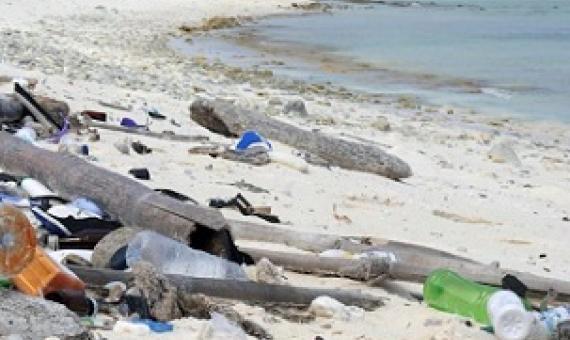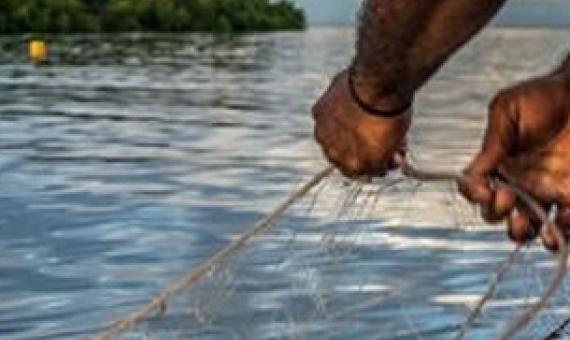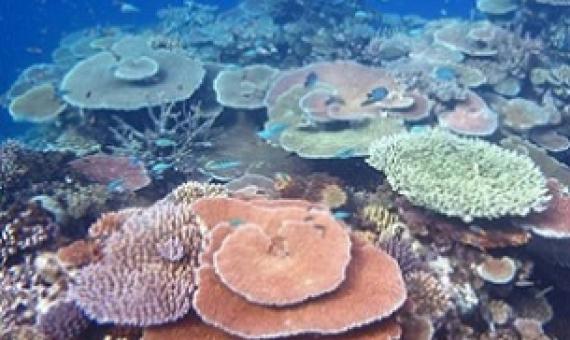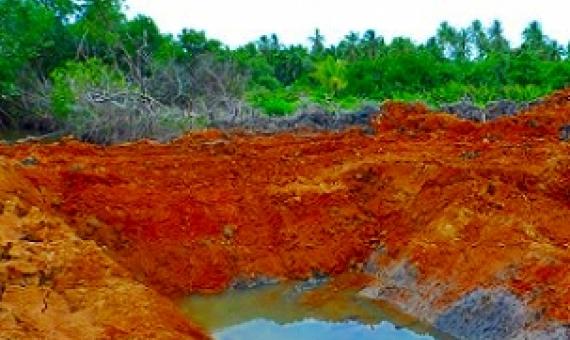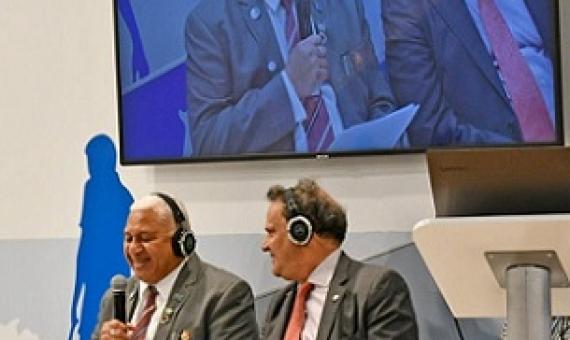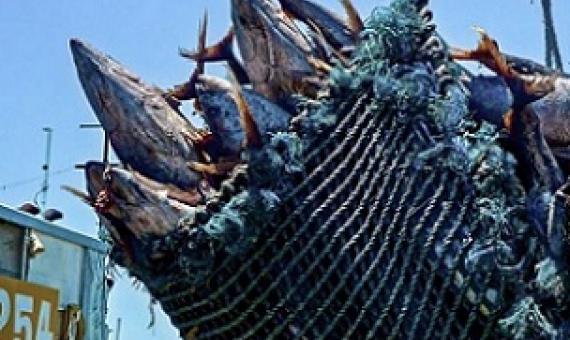In seven to eight years, the Pacific will no longer be able to rely on the ocean for food security or as a source of livelihood as it does today because of plastic pollution. Experts say that by 2030, up to 53 million metric tonnes of plastic pollution will annually affect the livelihoods of
Video - Gwala Rising in the Bwanabwana Islands
'Gwala Rising in the Bwanabwana Islands' depicts the revitalization of traditional conservation practices in the islands of Papua New Guinea. The community of Anagusa Island is combating the effects of climate change and protecting the coral reefs they rely on using gwala: the traditional practice of setting aside a reef or forest area to allow the ecosystem to recover. Gwala is helping the community of Anagusa Island prosper - empowering men and women with improved access to food and livelihoods.
Increasing temperatures globally not only engenders global warming but gives rise to ocean acidification, destroying marine ecosystems. Fishermen across Fiji say coral bleaching is an issue being noticed in some fishing grounds, causing a decline in fish stock.
Climate change is altering familiar conditions of the world's oceans and creating new environments that could undermine efforts to protect sea life in the world's largest marine protected areas. The changing conditions also have cultural and economic implications for the people whose traditi
Grand global commitments to plant trees to fight climate change are welcome. Healthy landscapes that suck planet-heating carbon out of the atmosphere—locking it into forests and soils—are among the best technologies there are yet to bend the Keeling Curve in a new direction.
Effectively managing marine ecosystems—by preserving biodiversity, protecting ocean-based livelihoods, and ensuring sustainable fisheries—requires a lot of information about threats, and about species location, abundance, and food and habitat needs.
Commonwealth countries can find a balance between human progress and environmental protection. Prime Minister Voreqe Bainimarama made this call at the Commonwealth pavilion yesterday afternoon during the COP26 meeting.
The benefits of sustainably managed wild fisheries, which support food and nutritional security, livelihoods, and cultures, are being undermined by government payments that incentivise overcapacity and lead to overfishing, biodiversity degradation and loss, and CO2 emissions, the scientists argue
Tropical islands of the Anthropocene: Deep histories of anthropogenic terrestrial–marine entanglement in the Pacific and Caribbean
Islands are useful model systems for examining human–environmental interactions. While many anthropogenic effects visible in the archaeological and paleoecological records are terrestrial in nature (e.g., clearance of tropical forests for agriculture and settlement; introduction of nonnative flora and fauna), native peoples also relied heavily on marine environments for their subsistence and livelihood.
Harnessing the diversity of small-scale actors is key to the future of aquatic food systems
Small-scale fisheries and aquaculture (SSFA) provide livelihoods for over 100 million people and sustenance for ~1 billion people, particularly in the Global South. Aquatic foods are distributed through diverse supply chains, with the potential to be highly adaptable to stresses and shocks, but face a growing range of threats and adaptive challenges. Contemporary governance assumes homogeneity in SSFA despite the diverse nature of this sector.

